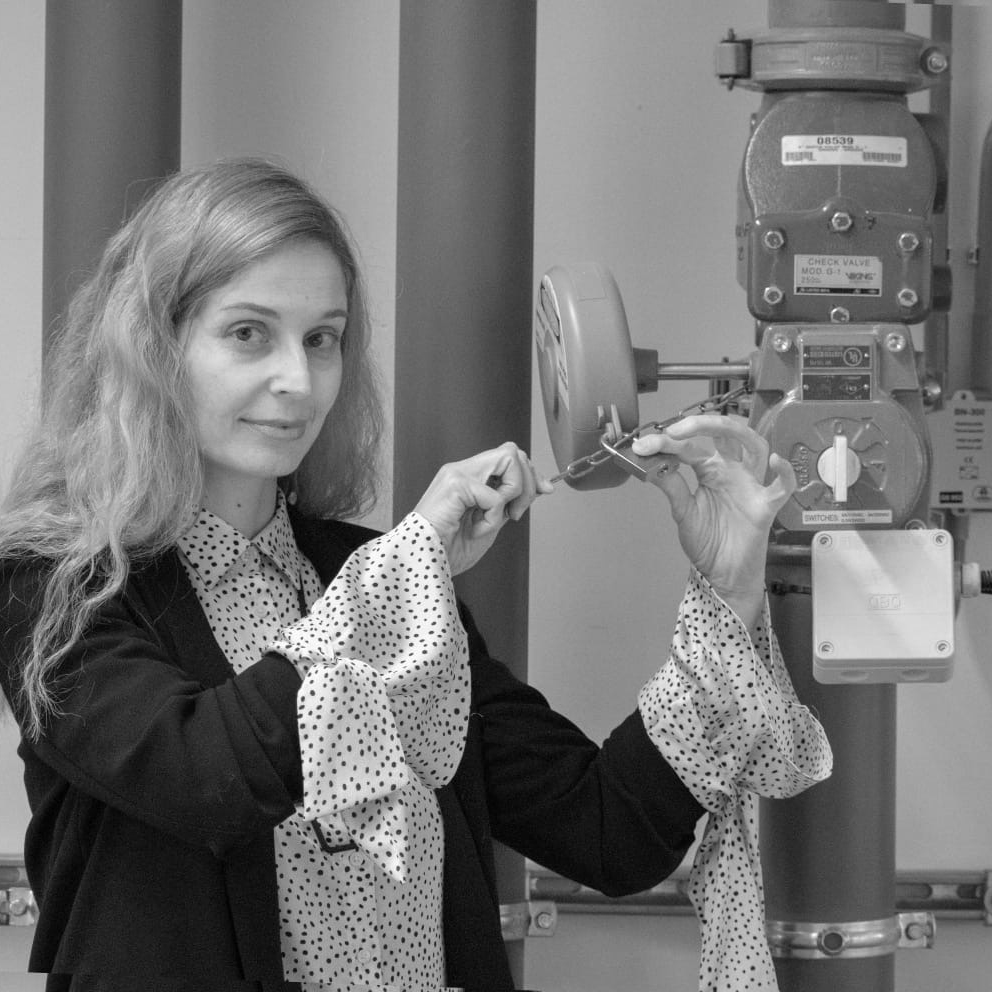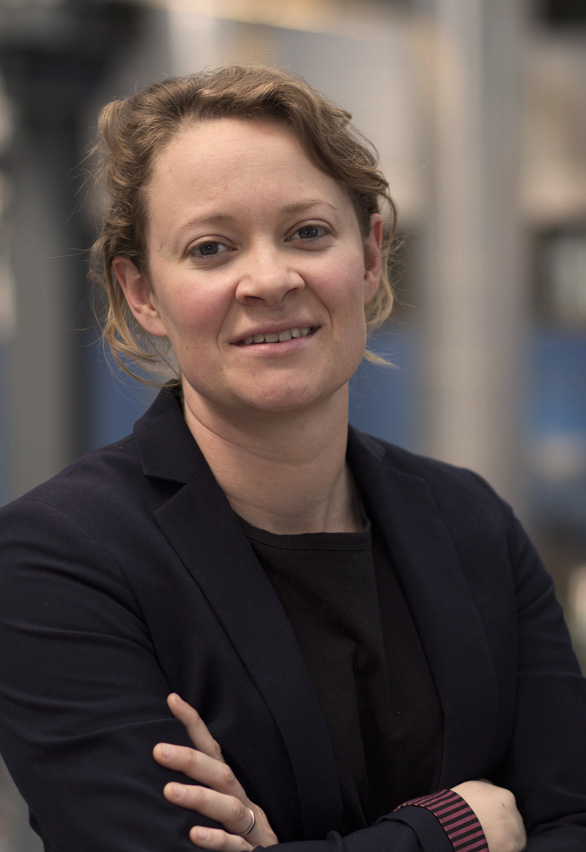Three TU Delft winners for Comenius Grants 2021
The educational projects that have been awarded the Comenius grants of 2021 have been announced. TU Delft has no less than three winners. Pleun Hermsen MSc, MD (Programme Director Clinical Technology | Technical Medicine) and Dr Angeliki Sioli (Assistant Professor of Architecture) received the Teaching Fellowship and Dr Rebecca Price (Assistant Professor in Transition Design) the Senior Fellowship. The winners will receive a grant for the renewal and improvement of higher education and will also become members of the Comenius Network of Educational Innovators, which focuses on knowledge exchange and dissemination.
A ludodidactic solution for more personalised graduation counseling of future engineers
Pleun is excited about her allocation. "The grant gives me the opportunity to experiment with personal supervision that is focused on the graduation process rather than the content. I am convinced that it is relevant, but it still has to prove itself. The Comenius grant gives me room to implement this plan and make a start to educate reflective engineers."
In co-creation with 'Robotics' students and with the help of game designers from the HKU, she is developing a Serious Game according to the Design Thinking methodology that can be used for guidance, peer review and reflection during the graduation process. With this form of education, based on ludo didactics, she wants students to increase their learning results of the graduation phase. During the game, students' personal or graduation issues are addressed in such a way that conscious learning occurs from their own experiences and those of fellow students. The graduation students and the graduation supervisor play the game together so that supervision, intervision and reflection take place both from the graduation supervisor and peer-to-peer. With qualitative research we look at the effect of this intervention. Process supervision is labor intensive and requires good coaching or interviewing skills. By designing the game in such a way that the lecturer does not need to train those skills, large-scale use is feasible if the experiment is successful. Pleun hopes to encourage lecturers at other study programmes to use this form of education by making the design process and design choices transparent and freely share them.
The Space of Words: Modeling Spatial Atmospheres from Language
Angeliki has received her Teaching Fellowship grant for the pedagogical project ‘The Space of Words: Modeling Spatial Atmospheres through Language’ a pedagogical project addressing a new topic of architectural education: modeling atmospheres of space through the use of written and oral language. The project will be piloted in the studio-course ‘MSc1: Ways of Doing’ (AR1MET011) and target an important pedagogical problem of the beginning stages of master-level education. It will address the significant difficulties for productive and creative collaboration among first year students, caused by their notably diverse educational and cultural backgrounds. To this end, the project will capitalize on two capacities that the freshmen already have in common: the social willingness to express themselves through language and the ability to sense how different atmospheres of space affect their experiences and emotions. Based on recent findings in neuroscience—proving that language and imagination work collaboratively in the brain—‘The Space of Words’ innovates in engaging language for a new purpose: that of imagining spatial atmospheres. While language is present in architectural education it is hardly explored as an element for imagination. Thus, ‘The Space of Words’ will advance the next generation of architect’s understanding of spatial atmospheres, through the use of language as a critical parameter of imagination.
Forging resilient designers
Dr Rebecca Price sees increasing interest among Industrial Design Engineering (IDE) students to tackle ‘big picture’ problems that carry considerable complexity. However, the pressure they put on themselves to perform in their graduations means that their projects can quickly overwhelm them, with detriment to their learning and well-being. “We tend to celebrate the resilience of the systems we design, but forget about the resilience of the designer who thought of, and realised these breakthroughs in the first instance. They imagined the world in a new way and that is not easy nor comfortable,” says Rebecca. With her Senior Fellowship grant, Dr Price and IDE colleague Dr Mieke van der Bijl-Brouwer aim to equip graduation students with the capacity to negotiate inherent complexities faced when tackling systemic problems. Design resilience is for now defined as the way a designer ‘bounces back’ from setbacks and criticism and negotiates uncertainty. The Senior Comenius project will approach the development of designer resilience in a student-centric way, identifying and defining designer resilience, and developing designer resilience pedagogical tools through co-design workshop with students, student guilds and teachers. Finally, designer resilience will be integrated into the newly revised Master of Science program at the Faculty of Industrial Design Engineering to ensure long lasting benefits to future design graduates.
Become one of the winners of 2021-2022
Do these achievements and other granted Comenius projects inspire you to apply for upcoming year? Have a look at the Teaching Academy website for more information about the themes 2021-2022 an overview of the procedures and deadlines.

